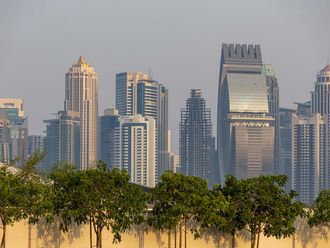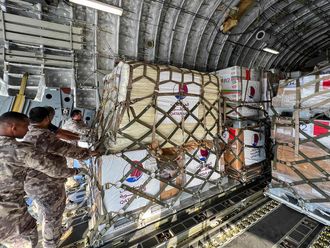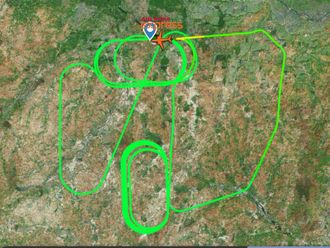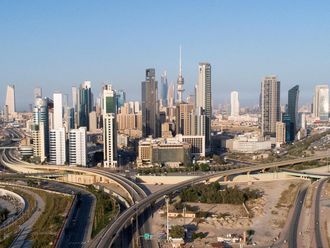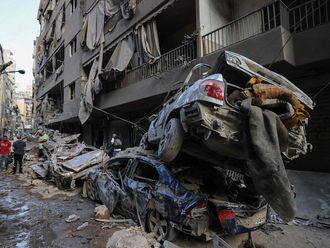
Manama: A list of 156 food and non-food items for which maximum prices have been fixed by the trade ministry for the month of Ramadan has sparked a controversy with opponents charging that consumers should have been consulted before it was prepared.
Critics of the Ramadan price freeze say that consumers at large are not aware of the final list following their non-involvement in the process.
“I think there is a need to involve consumers if you are making a list of food and non-food items of mass use,” Fatima Al Dosari, a Qatari national, said, quoted by The Peninsula daily.
"Price rises continue to be a cause of worry for the common man as many people had to borrow to make ends meet. Because prices remain high, people still g to neighbouring countries to buy provisions because they are cheaper there,” she said.
According to Al Dosari, one of the most effective ways to ensure that prices ease in the country is to encourage local production of items that can be grown in local conditions.
Ahmed Al Muthanni, another Qatari national, said the Consumer Protection Department of the Ministry of Business and Trade should not claim any credit for fixing the prices of 156 items during Ramadan because the list was insufficient.
“It is not a big deal,” he said of the department’s Ramadan price curbing drive. “They published the list in newspapers and that was all. The department should distribute booklets to raise public awareness,” he said.
Nothing short of curbing the prices of a large number of what he said were basic food and non-food items round-the-year would be satisfactory, Al Muthanni said.
Major outlets have reported a jump of at least 60 percent in the sale of many of the 156 items with reduced prices during the holy month.
Ramadan is expected to start on August 11, depending on the sighting of the crescent.



